Bingluo Refrigeration Equipment Co., Ltd. was established in Shanghai in 2006. It is a professional refrigeration equipment manufacturing company integrating R&D, production, sales, and service. As Commercial Ice Machine Manufacturer Direct in China, High-Capacity Commercial Ice Makers Custom Factory, produces commercial ice makers, refrigerators, ice crushers, flake ice machines, snowflake machines, shaved ice machines, display cabinets, stainless steel water bars, coffee bars, and complete sets of equipment for milk tea shops. The products are suitable for hotels, inns, supermarkets, hospitals, cruise ships, coffee shops, bakeries, dessert shops, milk tea shops, and more. In 2016, the company made a significant investment to establish a modern production base in the China-Jiangsu-Dianshan Lake Development Zone. Covering over 30 acres, the facility includes a standardized factory building of 12,500 square meters. Supply Wholesale Commercial Ice Machine. The company has introduced advanced production equipment and adopted the Industry 3.0 production and management system. Through high-quality, efficient products and excellent service, Bingluo has gained a strong reputation in the market and formed long-term strategic partnerships with many customers, both domestic and international. Bingluo is committed to creating high-quality products with a spirit of craftsmanship, staying attuned to market trends, and meeting the diverse, personalized needs of customers. The company is dedicated to mutual benefit and win-win results through providing exceptional products and services. Bingluo is dedicated to continuous progress and looks forward to working with you to create a brighter future together!
Commercial Ice Machine Manufacturer Direct
-
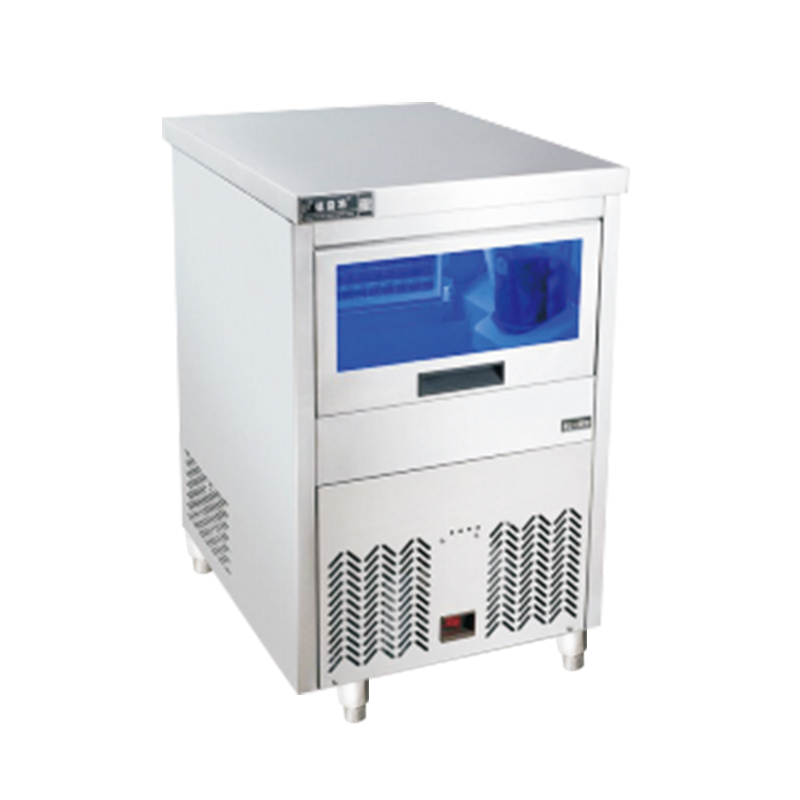 Blue Light Table Commercial Under Counter Ice Maker
Blue Light Table Commercial Under Counter Ice Maker
-
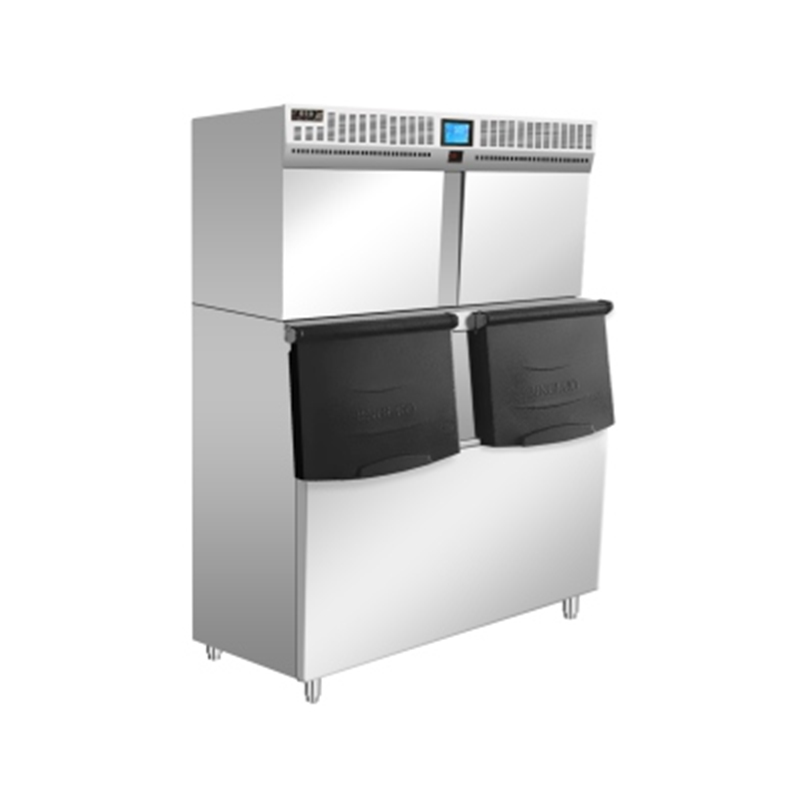 Square Cube Ice Machines
Square Cube Ice Machines
-
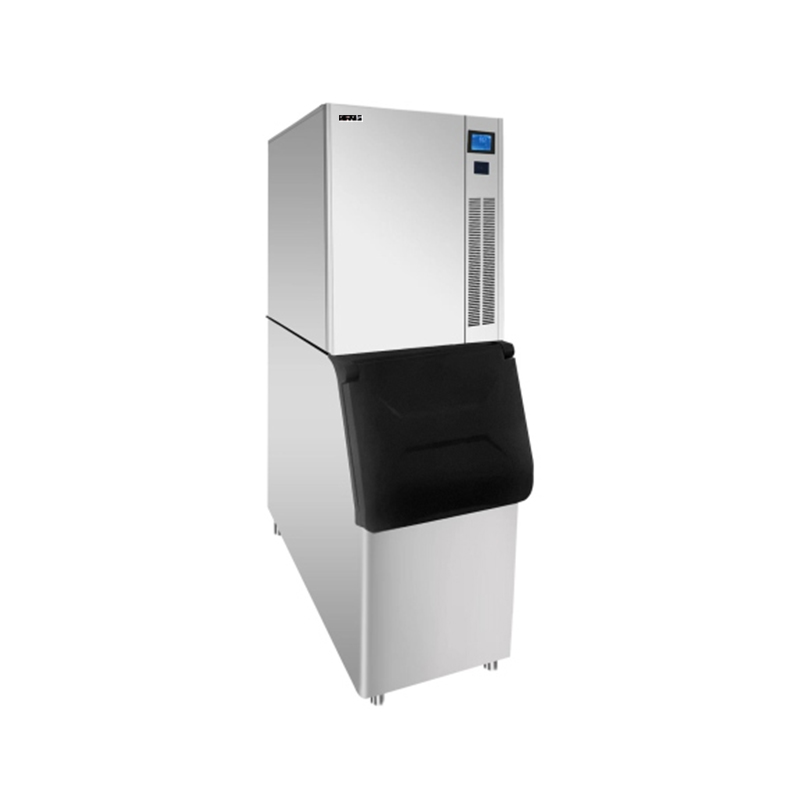 Water Recycling System Ice Maker
Water Recycling System Ice Maker
-
 Flowing Water Type Double-Sided Ice Tray Commercial Ice Maker
Flowing Water Type Double-Sided Ice Tray Commercial Ice Maker
-
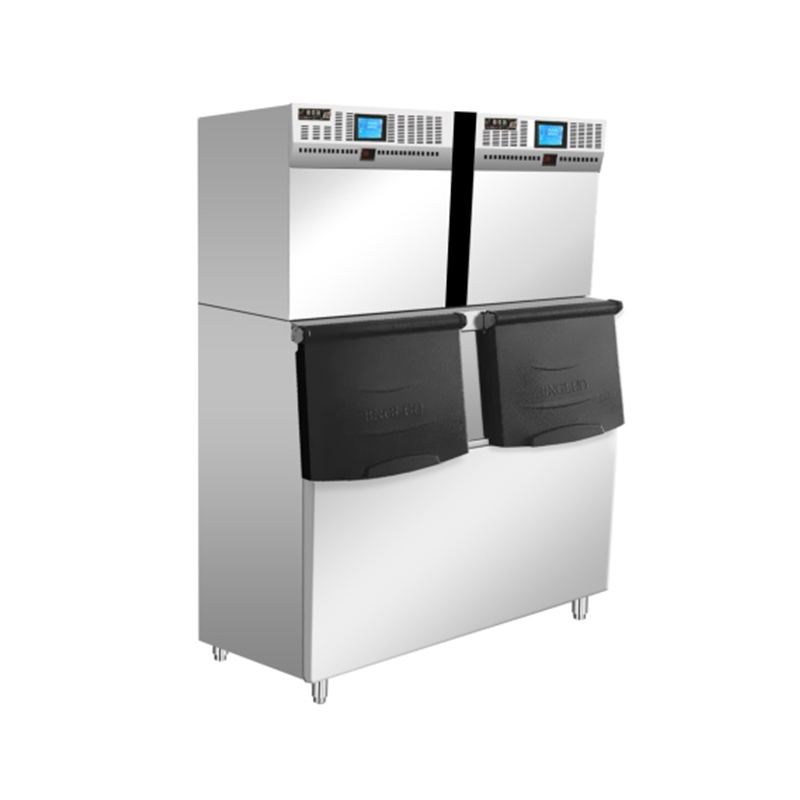 Crescent Shaped Ice Maker
Crescent Shaped Ice Maker
-
 Spray Ice Machine Clear Square Ice Maker
Spray Ice Machine Clear Square Ice Maker
-
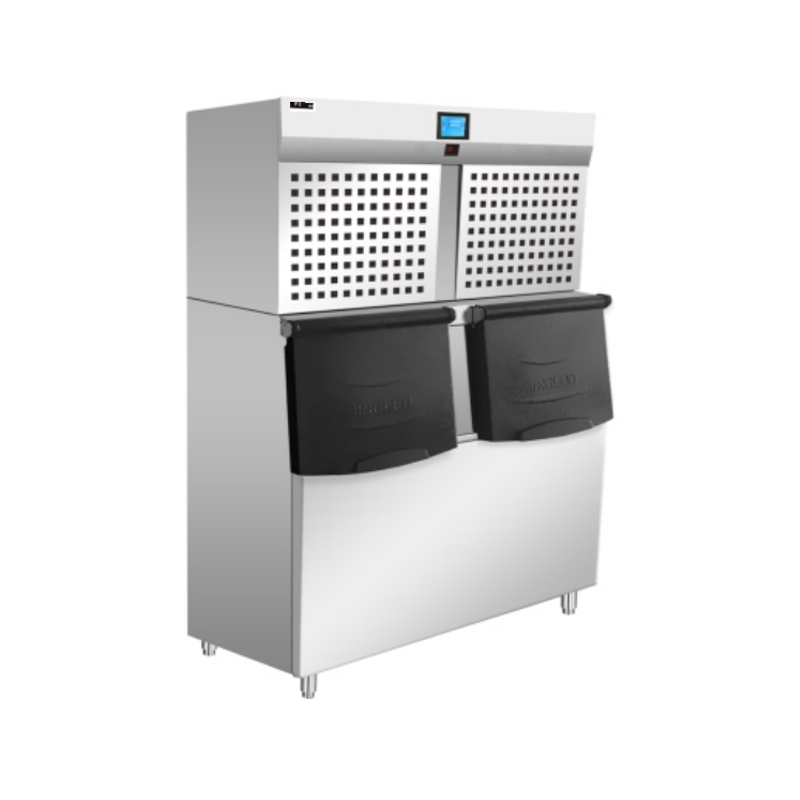 Snowflake Ice Machine
Snowflake Ice Machine
-
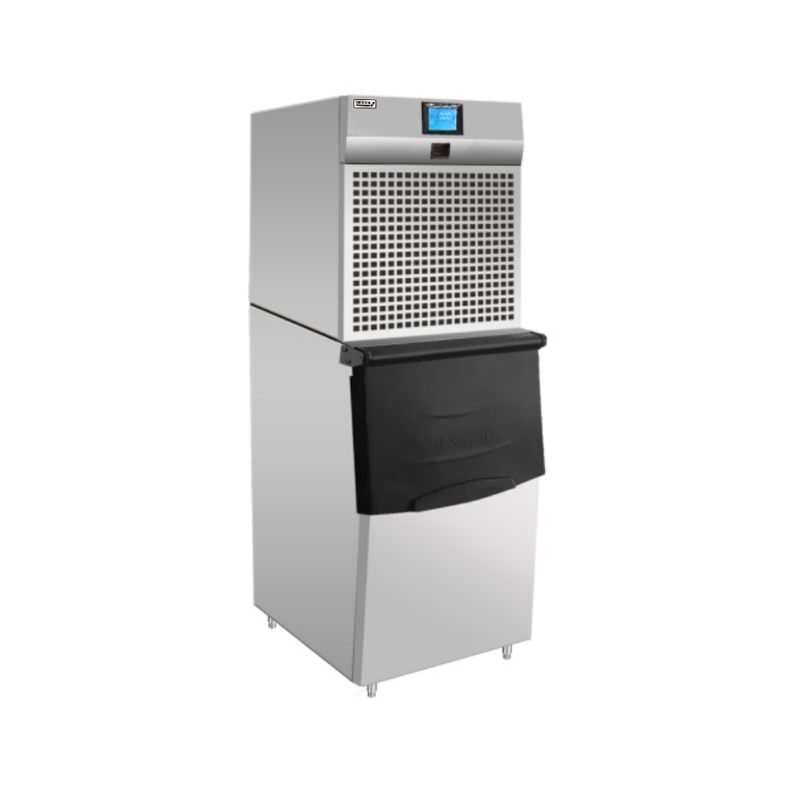 Commercial Flake Ice Machines
Commercial Flake Ice Machines
-
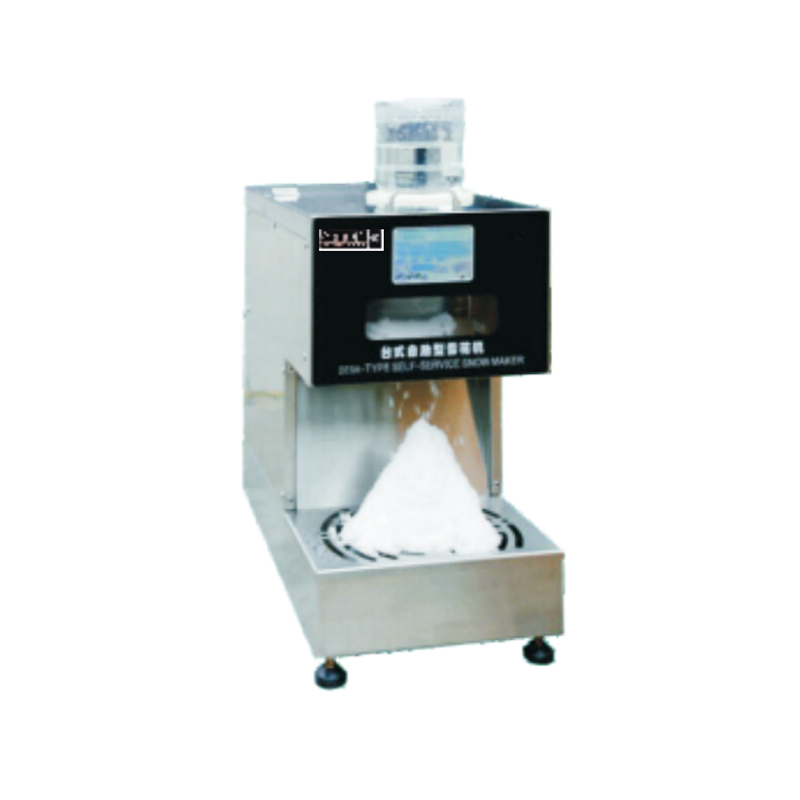 Commercial Snow Ice Maker Machine
Commercial Snow Ice Maker Machine
-
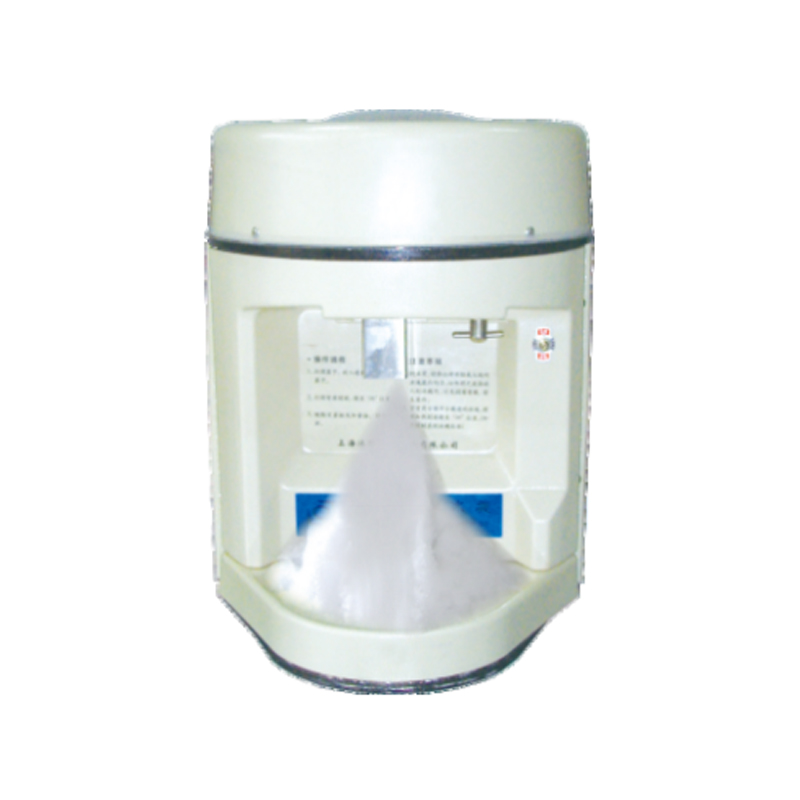 Shaved Ice Machine
Shaved Ice Machine
-
 Jumbo Square Cube Ice Machine
Jumbo Square Cube Ice Machine
Focus on the research and development of ice making machine core: Bingluo is a manufacturer of ice making machines that develops and produces a variety of ice types. It uses high-quality materials and processing technology to ensure that each ice-making machine has stronger capacity, better ice hardness, purity and integrity.
Reliable quality: To ensure the quality reliability and longer service life of each ice-making machine, Bingluo strictly uses international brand refrigeration accessories and undergoes long-term and harsh experimental environment testing to ensure the stability of the product and low failure rate.
Easy to clean and maintain: Bingluo series ice making machines use food-grade engineering plastics to effectively inhibit the growth of bacteria and other microorganisms in the ice making area. Each machine has a cleaning function. Users only need to add an appropriate amount of cleaning agent (lemon powder) to automatically clean it. After cleaning, pure and hygienic ice cubes can be made.
Brand-new patented product design: Bingluo's new workbench ice maker adopts a square appearance, the height of the box is the same as that of the refrigerator, the whole table is foamed with high pressure, and the size can be customized so that it can be fully matched with the customer's project. The overall effect is more beautiful, generous, and durable, to reasonably utilize the limited space, and it has the advantages of multi-functional shelves and ice storage, saving costs, etc.
-
Understanding Refrigerated Display Cases Refrigerated display cases are essential equipment for retail stores, supermarkets, and food service businesses that require proper cold storage while maintaining product visibili...
READ MORE -
Understanding Ice Types and Their Commercial Applications Choosing the right commercial ice maker begins with understanding that not all ice is created equal. The geometry and density of the ice directly affect the displ...
READ MORE -
Choosing the Right Configuration for Your Foodservice Operation Selecting a commercial refrigerator requires a deep understanding of your kitchen’s workflow and volume. Unlike residential units, commercial systems are en...
READ MORE
How Smart Integration Is Transforming the Role of Commercial Ice Machines in Modern Kitchens?
In today’s rapidly evolving foodservice and industrial landscape, efficiency and automation are no longer luxuries—they're necessities. As businesses embrace digital transformation, the integration of commercial ice machines into smart kitchen systems is becoming an increasingly valuable strategy. Rather than functioning as isolated units, modern high-capacity commercial ice makers can now play a central role in connected, responsive environments that help streamline operations, reduce manual labor, and improve hygiene.
A smart commercial ice maker machine can be integrated with broader kitchen or production-line management systems, allowing remote monitoring of ice production levels, machine status, maintenance needs, and even environmental conditions like water temperature. Through built-in IoT connectivity or compatibility with external monitoring solutions, these systems alert staff when it's time to clean the machine, refill supplies, or perform preventive maintenance. This not only helps extend the service life of the unit but also reduces the risk of breakdowns during peak business hours—something every restaurant or factory wants to avoid.
In commercial kitchens where time and space are both at a premium, automation eliminates guesswork. For example, by linking the ice maker’s production cycles with demand forecasts based on sales data or seasonal changes, smart systems can ensure that the exact amount of ice needed is always available, with minimal waste. For venues like hotels or catering companies hosting large-scale events, this precision can translate into significant operational savings over time.
Furthermore, smart integration can help optimize energy and water usage. By analyzing data patterns, some high-performance commercial ice makers adjust their operation to off-peak energy periods or alert users to potential inefficiencies—like a clogged water inlet or reduced airflow—before they turn into real problems. This not only reduces operating costs but also aligns with sustainability goals that are increasingly important in commercial operations worldwide.
From a safety and quality standpoint, integration enhances consistency. Commercial ice makers that are part of a smart network can ensure every batch of ice meets hygiene standards, automatically triggering cleaning cycles based on usage or time intervals. Paired with food-grade materials and advanced filtration systems, this helps maintain ice purity and reduces risks associated with manual oversight—making your operation more compliant and customer-safe.
One of the standout benefits of this approach is scalability. Whether you're running a single location or managing multiple outlets across cities, a centralized dashboard can give operations managers real-time visibility into the status of every commercial ice maker machine in the fleet. This is especially beneficial for chain restaurants, food processing plants, and large-scale beverage operations where consistency and uptime are critical.
At Bingluo, we understand that today’s commercial ice makers are more than just cold machines—they’re critical infrastructure. That’s why our solutions are designed with connectivity and integration in mind, ensuring our customers can confidently move toward smarter, more adaptive operations. We believe that the true value of a commercial ice machine isn’t just in the ice it produces, but in how seamlessly it fits into the flow of your business.
As industries continue to evolve, integrating your high-capacity commercial ice makers into smart systems isn’t just a tech upgrade—it’s a competitive advantage. With better data, more control, and increased reliability, your operation can stay cool under pressure and ahead of the curve.

 English
English русский
русский Español
Español عربى
عربى
